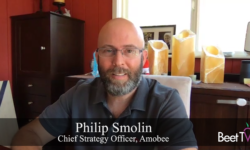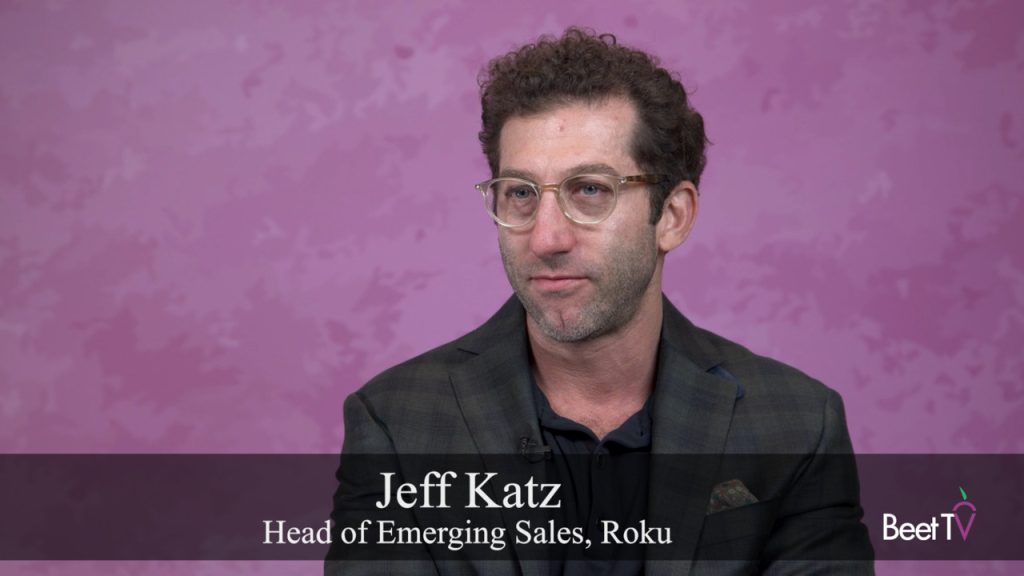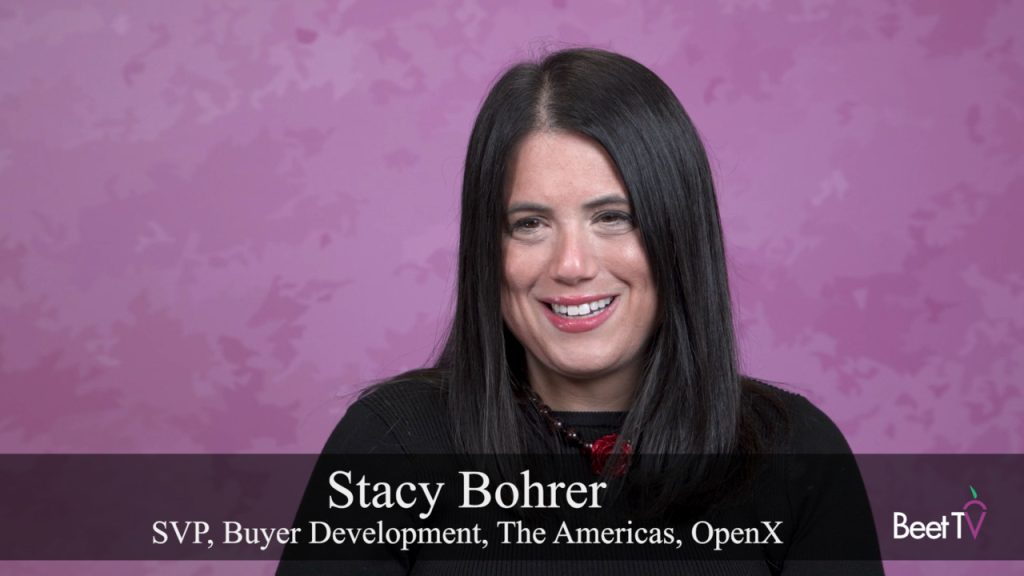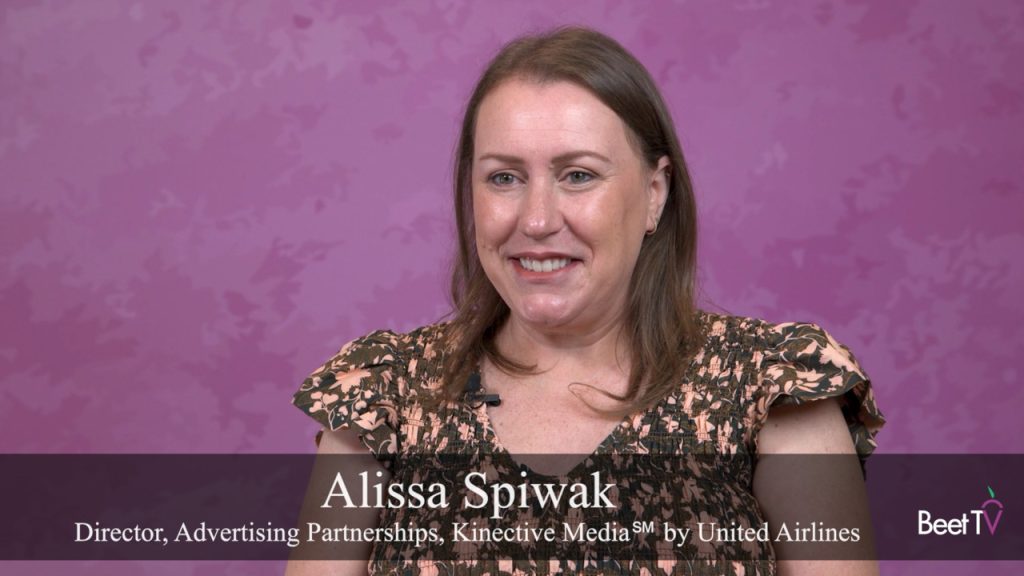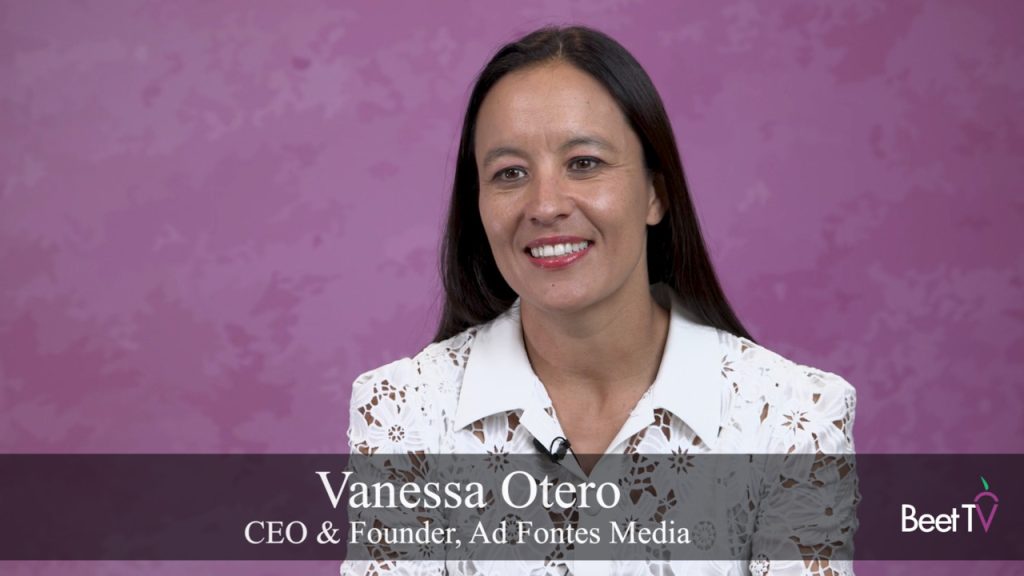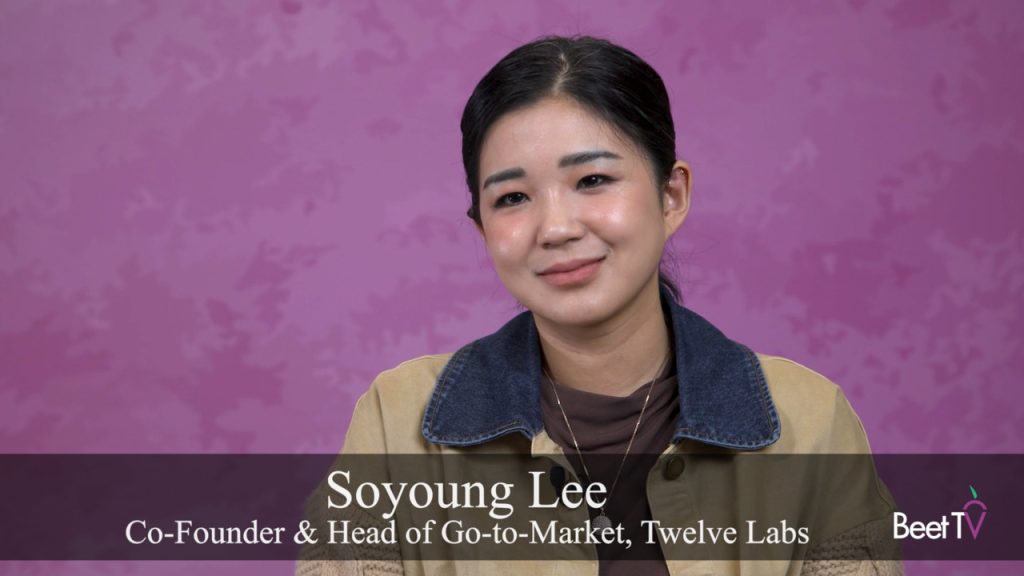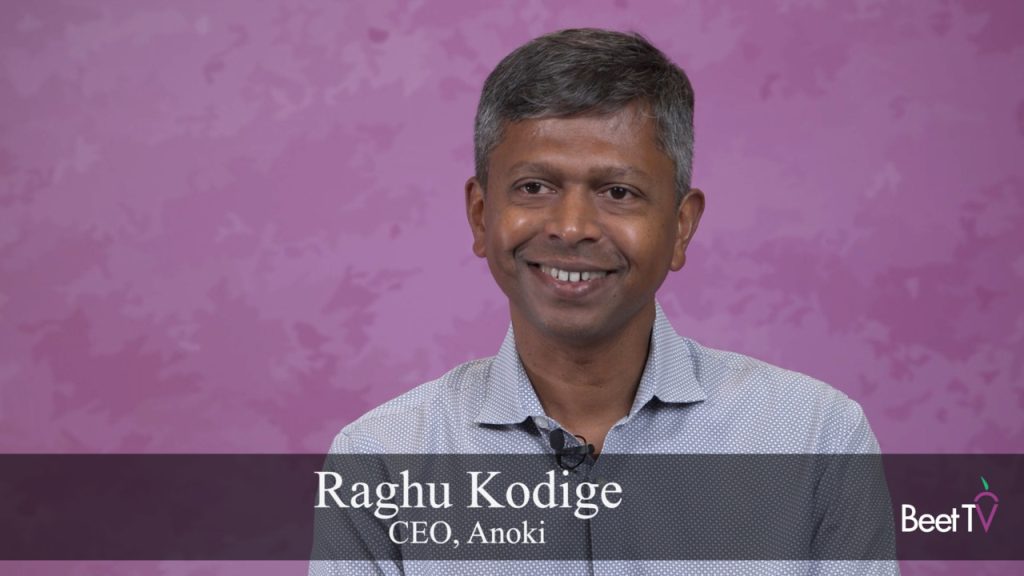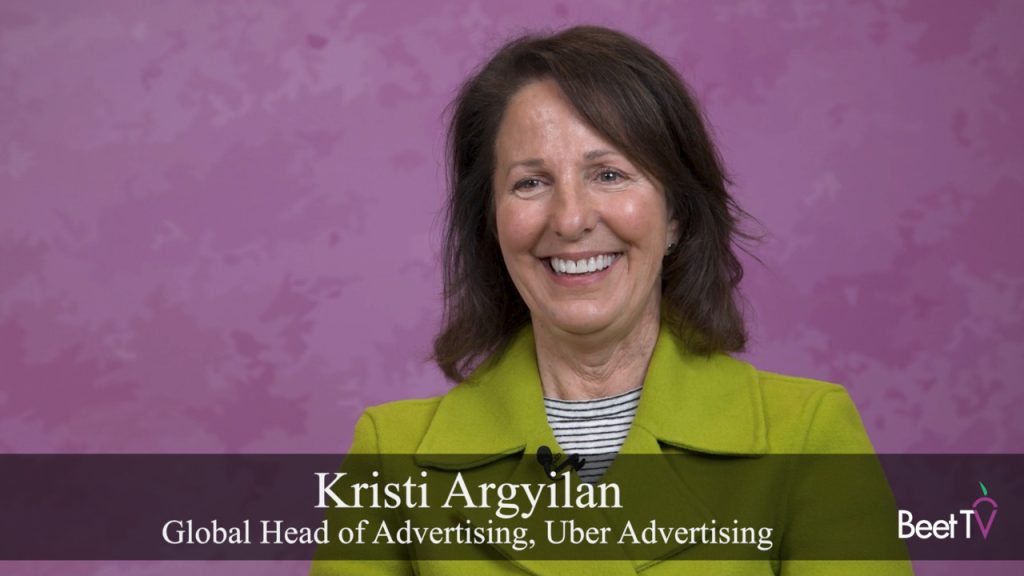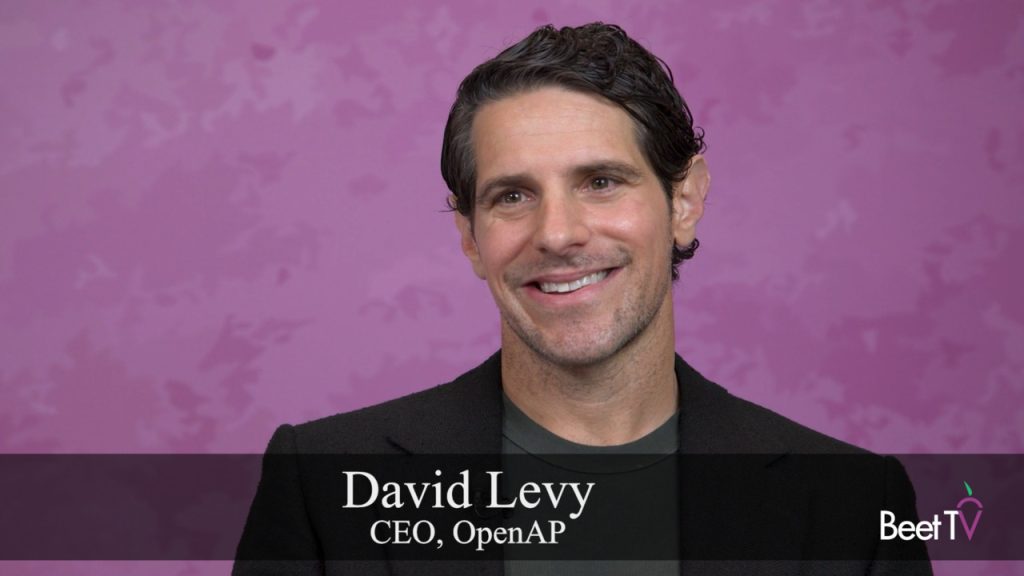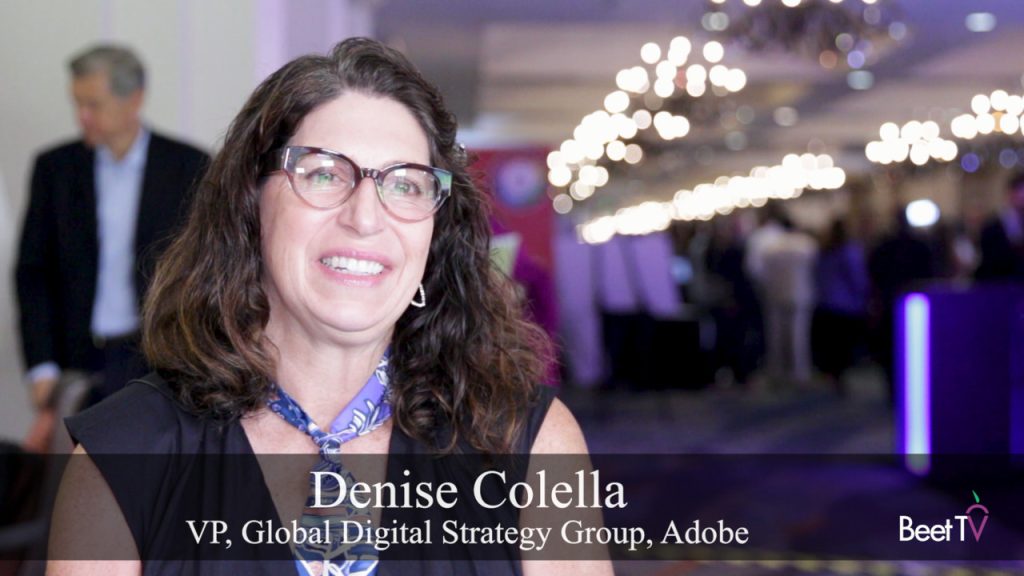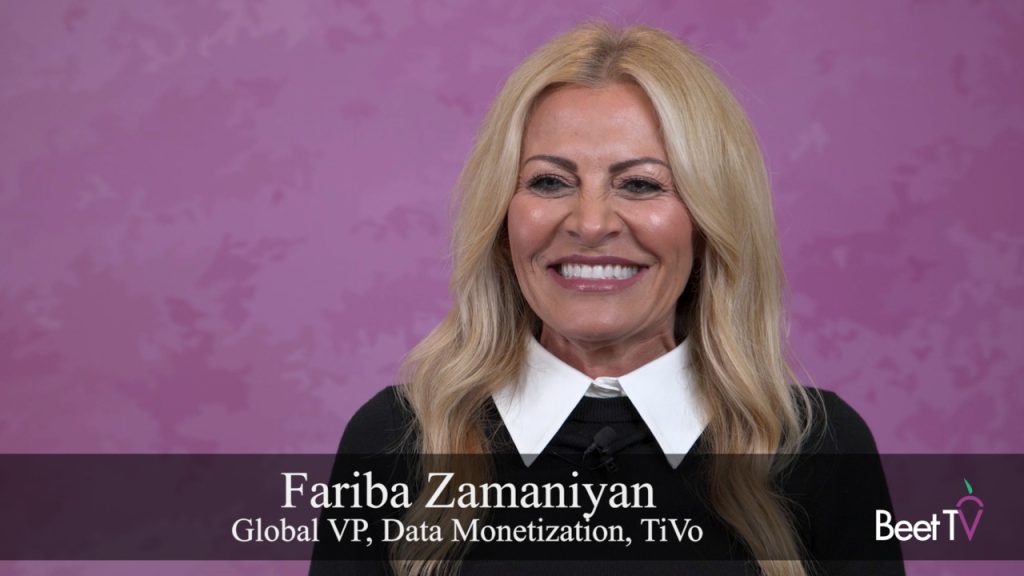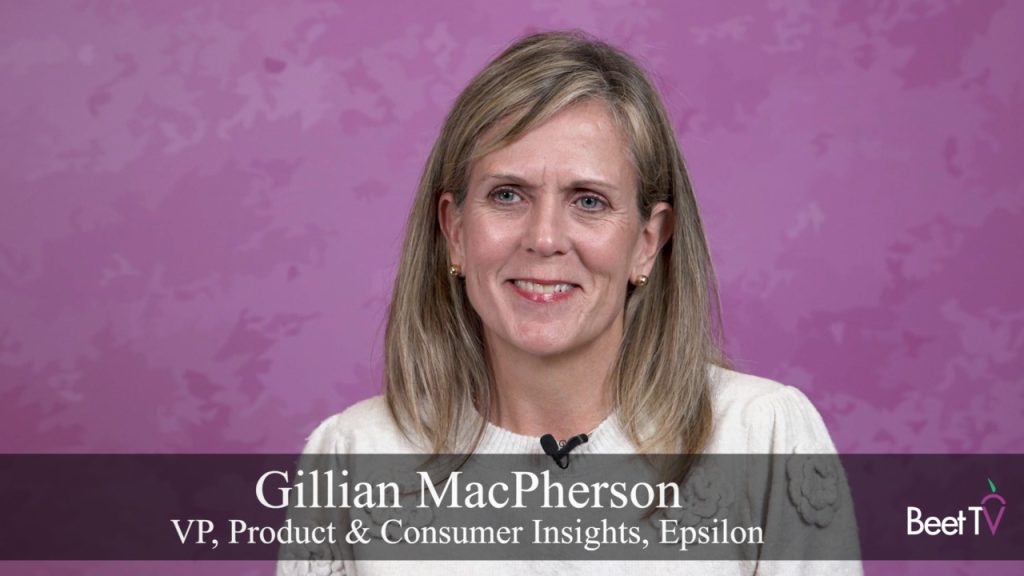NASHVILLE/CHICAGO — How do you sell a car during a global pandemic? With dealerships unable to be open, the auto industry has had to pivot their strategy in ways that they never have before. In an interview with Matt Spiegel, EVP of marketing solutions and head of media vertical at TransUnion, Allyson Witherspoon, vice president of marketing at Nissan, explained how the pandemic is accelerating online auto sales.
Auto brands like Nissan have had no choice but to move to a more digital strategy. Many dealerships are not considered essential businesses and instead of forcing consumers into a shopping process that they’re not comfortable with, brands now want to offer options for both. This way, even when these businesses do open back up, the customers feel as safe and supported as possible.
“We and our dealers have been working really closely with our local governments on, how we can actually start to have virtual retailing, which, in automotive wasn’t very prevalent, and what we’ve done on our end is actually start to accelerate ecommerce projects and shopping tools that were maybe seven months if not a year down the road and accelerate those so that we could begin implementation and launch those over the next weeks into the next couple of months,” Witherspoon says.
According to Witherspoon, higher priced items like cars still aren’t retailing online at the same rate as they would at dealerships, but that this is due to regulatory reasons, and lack of infrastructure there, which is what Nissan is working to fix with more urgency. For marketing, Witherspoon and her team have tried to look more specifically at the consumer sentiment in these times, and then evolve their marketing messages accordingly.
“It’s definitely a different approach versus what typically happens which is, ‘this is what we as the brand or marketer wants to say, now we’re going to put it out there and let you adapt to it,’” Witherspoon says. “It’s definitely the other way around. And even now that we’re a couple of months in, we’re starting to tweak and adjust all of our existing communications over time based on the feedback that we’re getting from consumers and what the consumer sentiment is.”
At the beginning of the pandemic, this meant avoiding a heavy sales push and focusing more on instilling trust and confidence in Nissan as a brand and an awareness of what is going on in the world. Over time, this has adjusted slightly, with the brand pinpointing confidence factors, whether it is services they can provide, payment deferrals, or other more specific messages.
Plans have changed around planning large media buys as well. For Nissan, this meant pausing the launch of one of their newest Sentra model until a time in which there will be more demand.
“We’re looking at re-planning that,” Witherspoon says. “We’ve spent a lot of time over the last several weeks looking at the ways that we can predict or project where consumer sentiment and where their media behavior is going to be.”
This includes considering a range of scenarios, from the optimistic outcome of a complete return back to normal, to the more pessimistic view of this having a long lasting impact on consumer sentiment. This requires flexibility, from brands to marketers to publishers.
“I think this will change what the Upfront process is,” Witherspoon says. “I think that it was already starting to move in a more flexible direction and a much more advanced targeting standpoint, but I think it’s really, ‘what is the flexibility with your marketing dollars?’ I think that’s where we’ll see the next shift.”
This video is part of a series titled Navigating Accelerated Change, presented by Transunion. For more videos, please visit this page. We recorded Allyson in her home in Nashville and Matt at his in Chicago.












